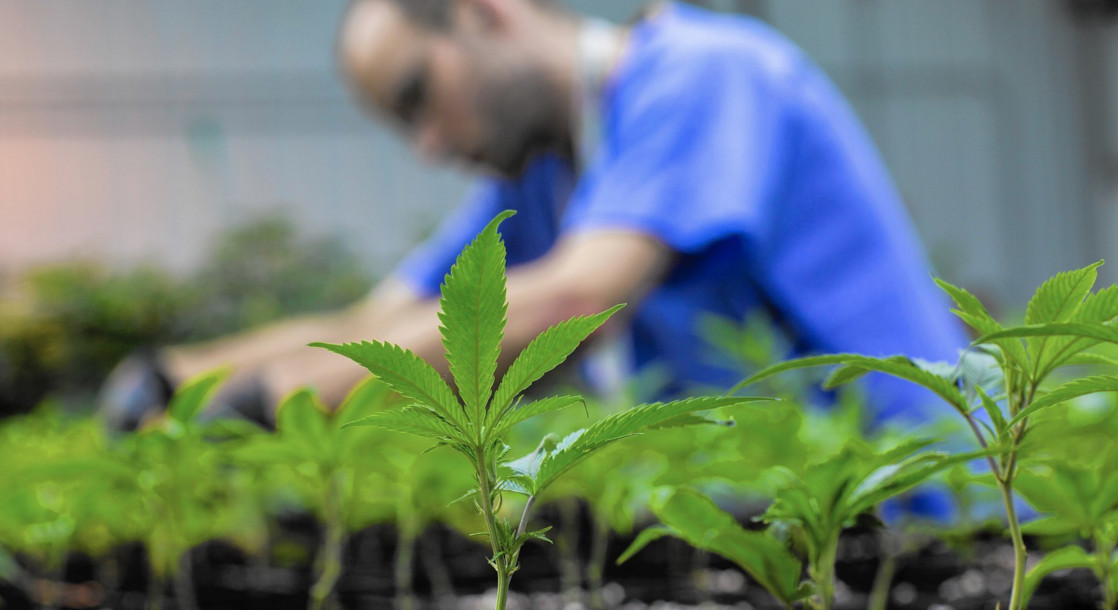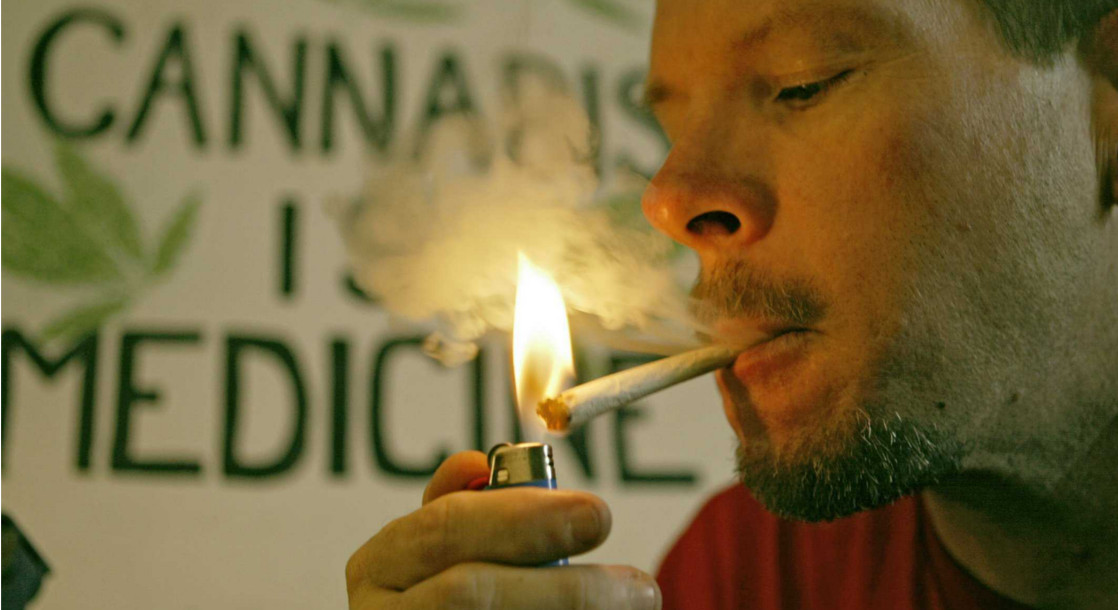Now that Maine residents have approved recreational legalization in their state, it's up to the Maine Legislature to set the rules for the new market. The newly passed Marijuana Legalization Act limits the amount of growing space for recreational weed to 800,000 square feet, or 18.4 acres. However, lawmakers are now debating whether lifting this cap would weaken the state's marijuana black market or make it stronger.
Proponents of the cap believe that if cultivators overestimate demand and grow too much weed, they will be tempted to sell their overage to the black market. Supporters also believe that the cap will help stabilize prices, which will in turn attract more investors to cannabis startups. Placing a limit on the amount of marijuana grown may also help state regulators get a handle on enforcing the rules in the new market, a task which has been a challenge for many other canna-legal states.
Opponents of the bill argue that the cap will allow growers to keep prices consistently high, which will in turn encourage some smokers to frequent the black market to find cheaper prices. David Boyer, state political director for the Marijuana Policy Project, also believes that “a freer market will benefit (medical marijuana) patients and consumers.” As an example, Boyer explained that because the state has no cap on the amount of beer produced in the state, small craft breweries were able to flourish.
Marijuana advocacy group Legalize Maine estimates that the state needs to grow 320,669 pounds of marijuana every year to satisfy the demand of residents and tourists. The group also estimates that under the current 800,000-square-foot cap, cultivators could only produce 132,000 to 200,000 pounds of pot. This estimate falls quite short of the total estimated demand for weed.
Numerous other groups have presented their own supply and demand estimates to the Legislature's Committee on Marijuana Legalization Implementation. The Marijuana Professionals group has urged the committee to hire a consultant to do a market study to firmly establish supply and demand estimates before deciding whether or not to lift the cap. However, some legislators are opposed to this idea, as it could delay the process of legalization.











